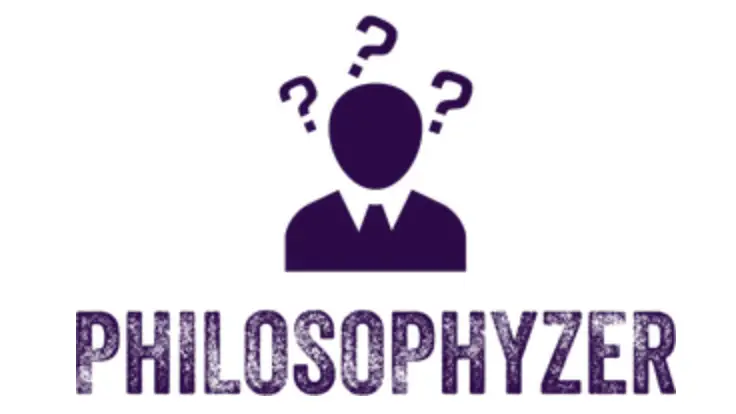D. Z. Phillips is probably the most prolific writer in Philosophy of Religion representing the Wittgensteinian view. He has applied the approach to a whole range of Christian themes including prayer, eternal life and God.
He has attempted to show that religious beliefs are ‘pictures’ in the sense that they provide the framework for what it makes sense to say, think or do within it. Wittgenstein said that some language games become obsolete and get forgotten. He compared the decline of language to the fading away of love between a man and a woman. We may feel sad that it has turned out this way, but there is nothing to be done about it.
D. Z. Phillips on How Language Games Lose their Hold
Phillips has tried to show how some religious language games are powerful in the lives of individuals but also how they lose their hold sometimes. We cannot, he said, hold on heroically to such religious ‘pictures’ once they have lost their power.
Changes in social life affect religious pictures and the language that is used to express them. The meaning is found in the way that people ‘use’ the pictures.
As Wittgenstein used to say, ‘Don’t look for meaning look for use’. That is, don’t think in advance what a religious picture must mean. Rather, pay close attention to the way it is used when it is at home, in it’s natural context. The natural context of religious language is religion.
Controversy of D. Z. Phillips
D. Z. Phillips writings have caused a lot of controversy which shows no signs of abating. Phillips comments that in the 1950’s philosophers of religion were more or less agreed about the criterion necessary for assessing religious belief. It was a factual one.
The difference now, says Phillips, is that the criterion itself is bought into question – at least by Wittgensteinians. Where religious talk is about facts and hypothesis, it has strayed away from home and is using a ‘borrowed language game’ foreign to it’s own essential nature. The language game response to the empirical challenge has been treated as a separate response in it’s own right, which is questionable.
Hick certainly questioned it. He would place D. Z. Phillips in the same category as Braithwaite and Cupitt. He believes that Phillips is offering a non-cognitive interpretation of religious belief which turns out to be its own kind of reductionism.
The reason why Hick makes this charge is that religious realities, according to Phillips, are to be found in the language that religious believers use. There is no God who exists outside the minds of people, who is there whether human beings think of him or not.
Phillips would reject this way of speaking about the issue, but this is what it comes down to for most observers of the debate. Religious meanings are ‘possibilities in the language’ for Phillips. There is no afterlife in the literal sense.
Death and Immortality D. Z. Phillips
In his book entitled ‘Death and Immortality’, Phillips argues that the belief in eternal life is a perspective on this life, not a theory about surviving into the next world. Once more, Hick points out that which we have already acknowledged – that this kind of view offers unintended elitism. What about all those who died young? What about all of the people who died in misery without the luxury of a meaningful religious picture to nourish their life?
The implication of Phillips’ view is really the same as Cupitt – such is life. It is an illusion to think otherwise.
We may want this universe to be the place where wrongs will eventually be put right. However, strong though this desire may be, we cannot have what we want. We must hope that we will be disinterested though – in the truly spiritual sense – in our own egos that we can accept our own deaths with equanimity. Cupitt once adapted a saying of the Russian writer Pasternak: ‘A Christian is one who can look death in the face every day – and live!’
You might also like to read: Braithwaite: An Empiricists View on the Nature of Religion.
Students, did you know that you can get Cash back on your purchases through Top Cashback.

Hello. I am an MA student in philosophy of religon . I want to contiue my studies abroad espacially in the UK . Since I live in Iran, I do not have open access to many of the articles and online books. I wonder if it is possible for you to provide me with some journal articles relevant to our field of study. Would you please let me know what I should do in order to keep in touch with some of the professors in the U.K. to get their advice on how to apply for the M.A or Ph.D programs there.
I appreciate your time and concern
Regards
Arshid